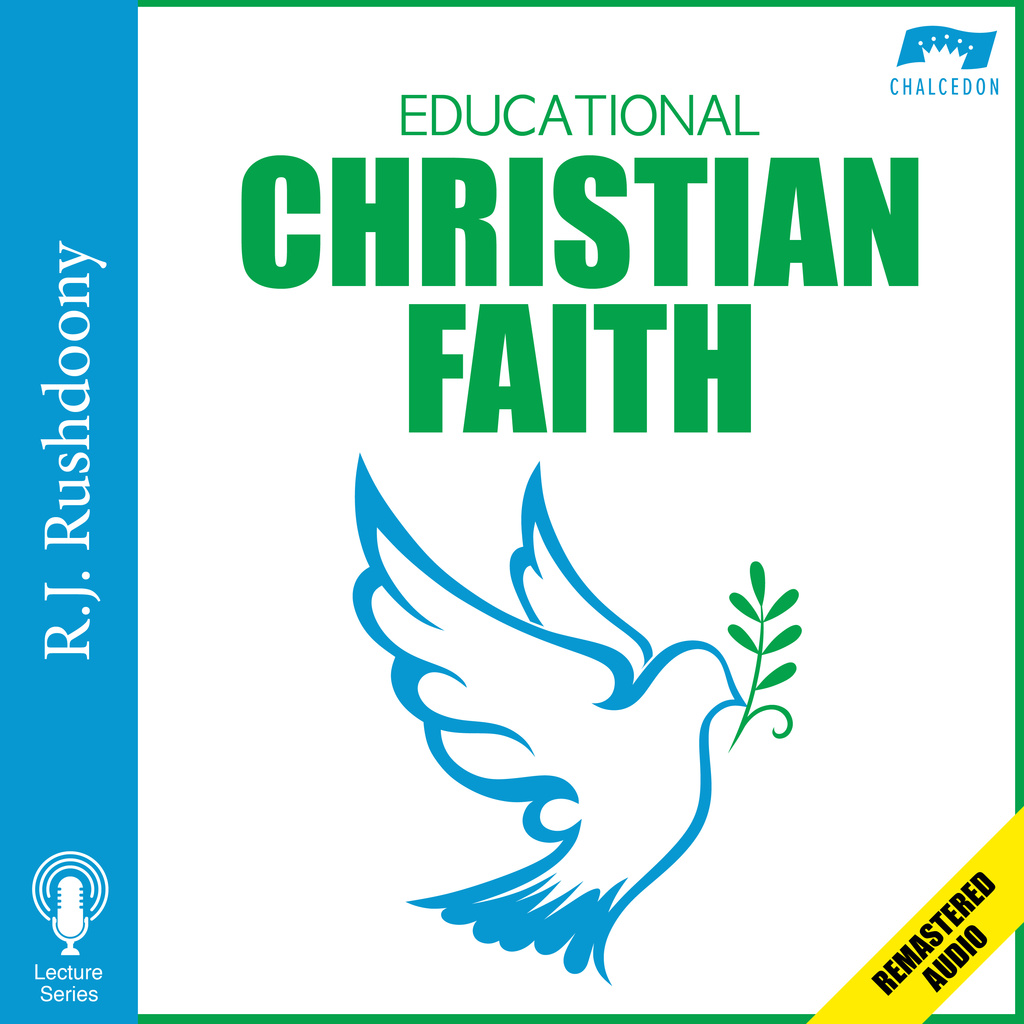
The Biblical Doctrine of Civil Government
There are six forms of government that the Puritans thought were basic to man’s life. A self-government of the Christian man, the family, the church, the school, the community, one’s calling and finally there was another form of government they spoke about, but only with this term: civil government. They never called it government. And why do we call it government now? The government? Because it is taking over the government of the individual, of the family, the church, the school, the job, the community. It’s the government as though it were God.

- R. J. Rushdoony
There are six forms of government that the Puritans thought were basic to man’s life. A self-government of the Christian man, the family, the church, the school, the community, one’s calling and finally there was another form of government they spoke about, but only with this term: civil government. They never called it government. And why do we call it government now? The government? Because it is taking over the government of the individual, of the family, the church, the school, the job, the community. It’s the government as though it were God.

- R. J. Rushdoony
Rev. R.J. Rushdoony (1916–2001), was a leading theologian, church/state expert, and author of numerous works on the application of Biblical law to society. He started the Chalcedon Foundation in 1965. His Institutes of Biblical Law (1973) began the contemporary theonomy movement which posits the validity of Biblical law as God’s standard of obedience for all. He therefore saw God’s law as the basis of the modern Christian response to the cultural decline, one he attributed to the church’s false view of God’s law being opposed to His grace. This broad Christian response he described as “Christian Reconstruction.” He is credited with igniting the modern Christian school and homeschooling movements in the mid to late 20th century. He also traveled extensively lecturing and serving as an expert witness in numerous court cases regarding religious liberty. Many ministry and educational efforts that continue today, took their philosophical and Biblical roots from his lectures and books.